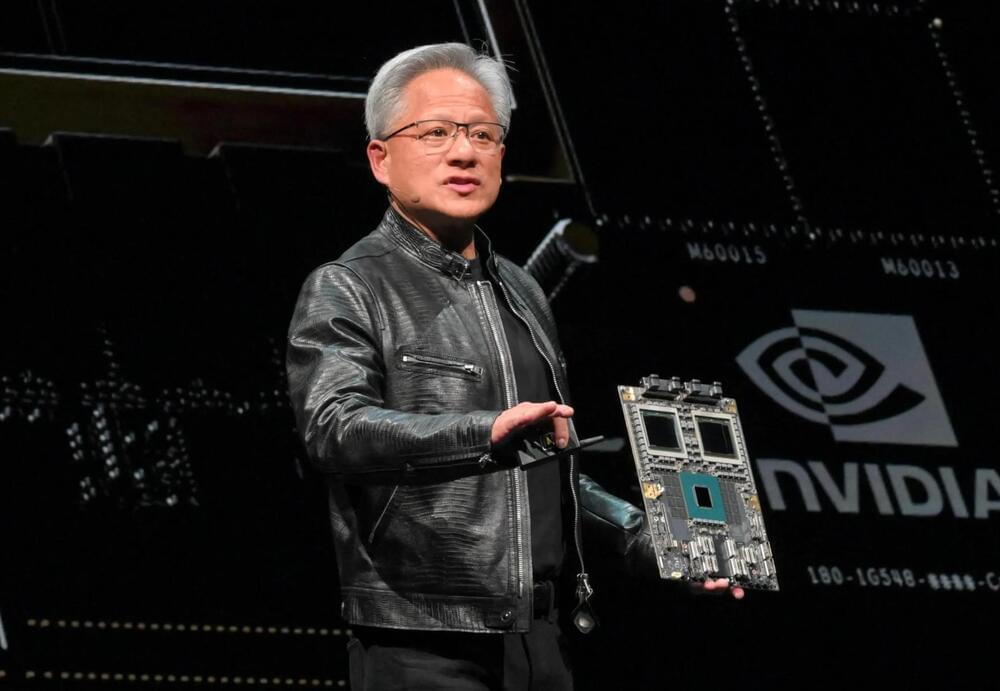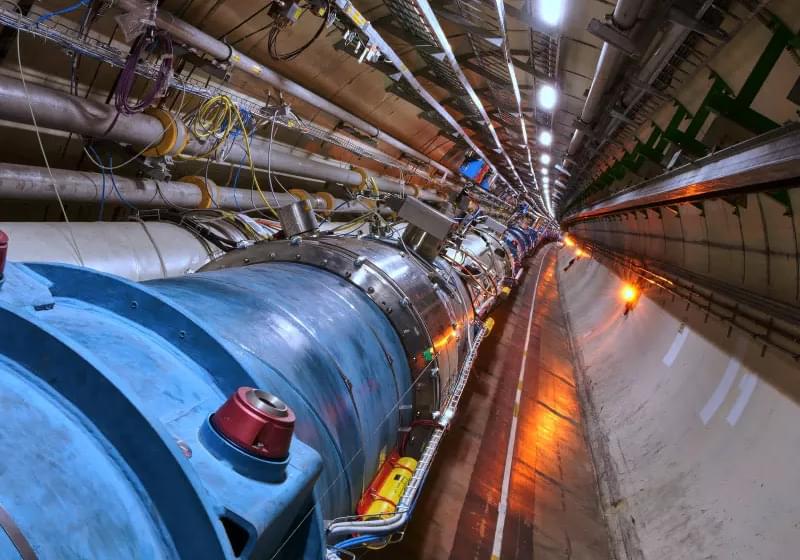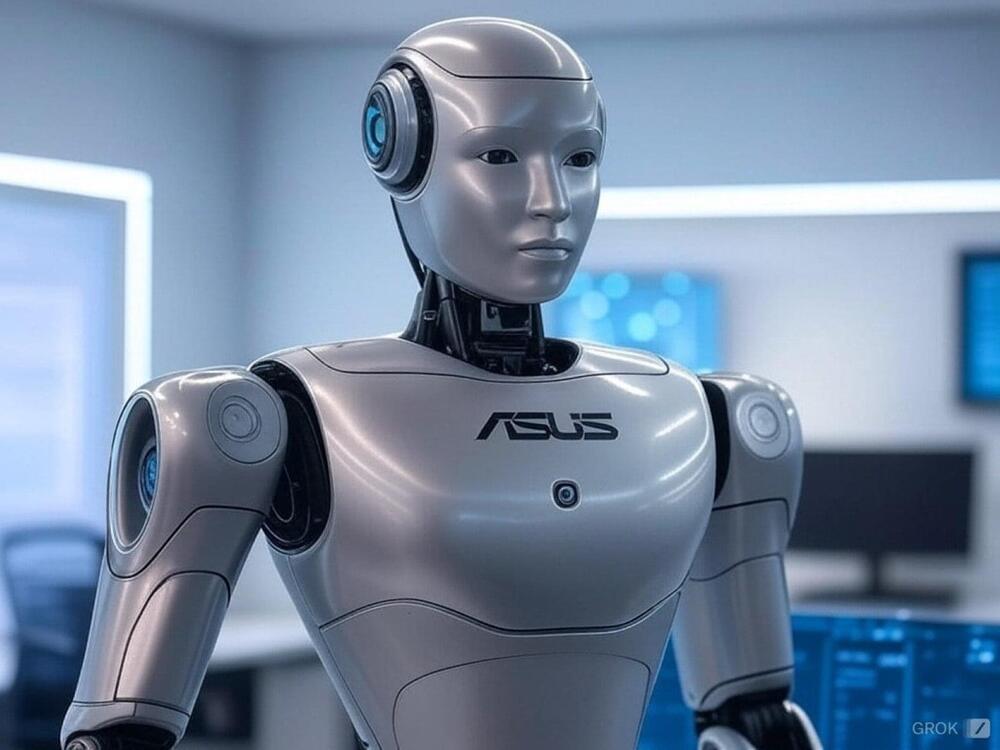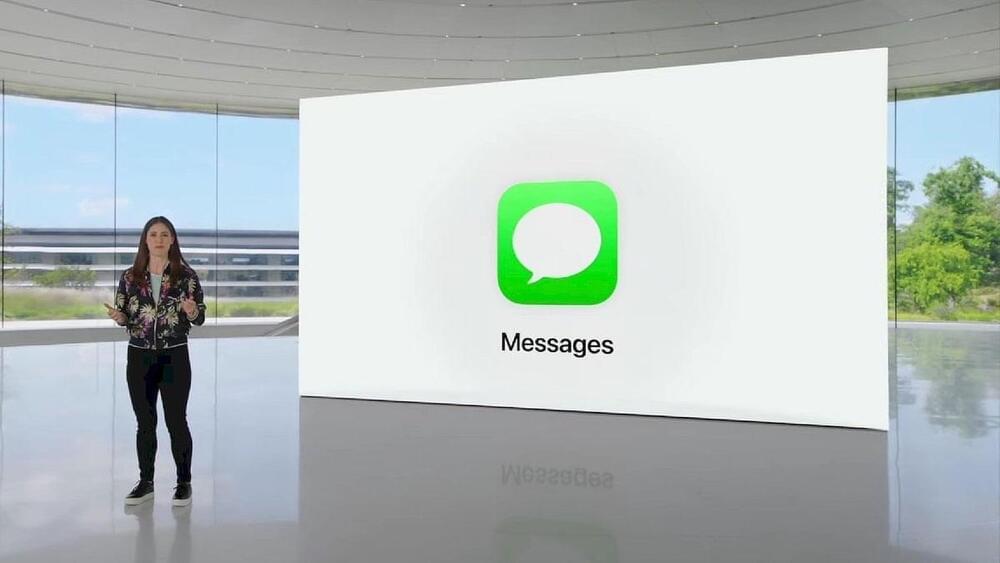However, “the idea that Saturn’s rings are young seemed very strange in the context of the solar system’s long evolutionary history,” study lead author Ryuki Hyodo, a planetary scientist at the Institute of Science Tokyo, told Space.com. “A few million years ago is the time of the dinosaurs on Earth. This would mean that the solar system was already well-established and relatively stable.”
In contrast, when Saturn formed about 4.5 billion years ago, or during the era called the Late Heavy Bombardment about 4 billion years ago, “the solar system was far more chaotic,” Hyodo said. “Many large planetary bodies were still migrating and interacting, greatly increasing the chances of a significant event that could have led to the formation of Saturn’s rings.”
To shed light on the age of Saturn’s rings, in the new study, Hyodo and his colleagues developed 3D computer models simulating crashes between micrometeoroids and the rings. These impacts typically occur at speeds of about 67,100 mph (108,000 km/h), they said.









